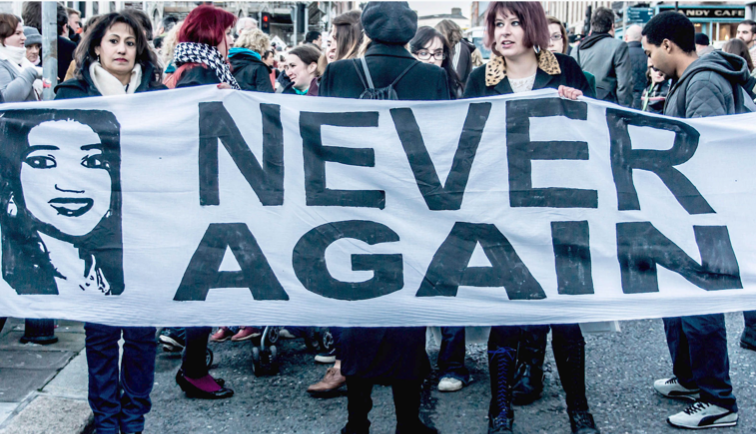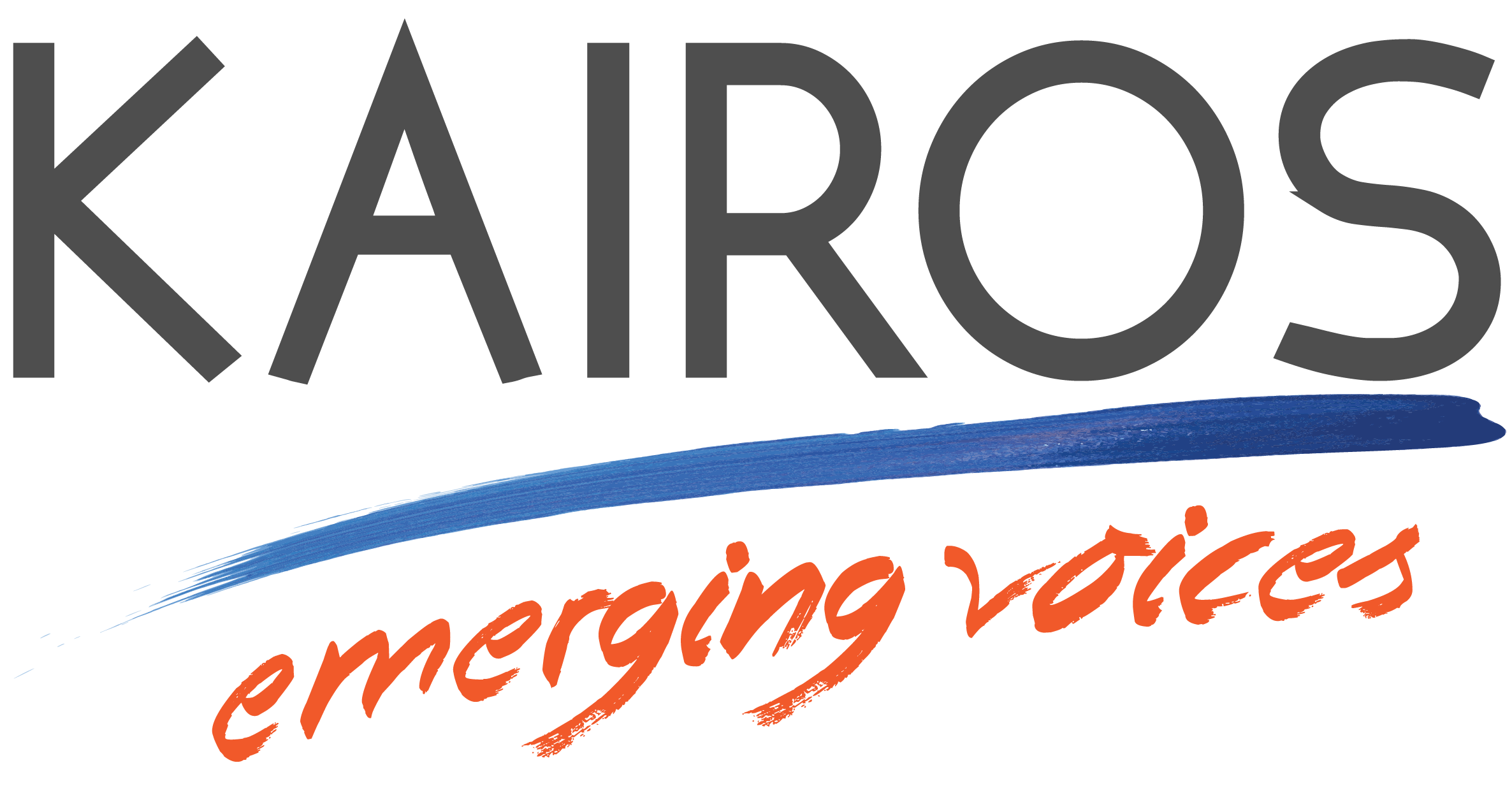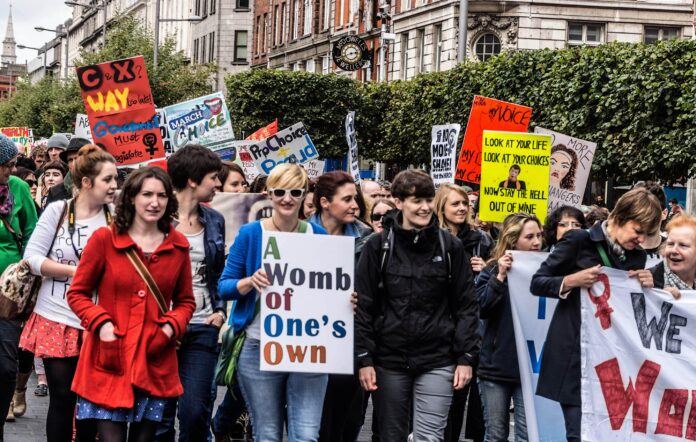Some fear the days of backroom abortions and unwanted childbirth will return
“When Roe v. Wade was declared law in January 1973, we thought there was no stopping us,” reflected Susan Brownmiller, a feminist and activist best known for her 1975 book “Against Our Wills: Men, Women, and Rape.”
“That time — the late 60s and early 70s — [was] really revolutionary for women,” Brownmiller recalled in an interview. “We thought it would never stop. But it certainly did.”
After helping Roe v. Wade, which established women’s right to abortion, become the law of the land, Brownmiller and millions of other feminists who led the expansion of women’s reproductive rights in the 1960s and 1970s find themselves in the unenviable position of watching those rights recede.
“We’ve lost ground in so many states,” Brownmiller lamented. The nomination of Brett Kavanaugh, who had been accused of sexually assaulting a female classmate while in high school, to the U.S. Supreme Court [and his subsequent confirmation, in October 2019] was just the latest loss.
“There’s a chipping away, state by state, rule by rule, and it’s so serious that there are places without an abortion provider,” said Heather Booth, an activist during the women’s movement in the 1960s and 70s. “There are places where women are starting to provide underground abortions.”
“There’s a chipping away, state by state, rule by rule, and it’s so serious that there are places without an abortion provider,” said Heather Booth, an activist during the women’s movement in the 1960s and 70s. “There are places where women are starting to provide underground abortions.”
“There’s a chipping away, state by state, rule by rule, and it’s so serious that there are places without an abortion provider,” said Heather Booth, an activist during the women’s movement in the 1960s and 70s. “There are places where women are starting to provide underground abortions.”
This situation gives activist Booth an unpleasant sense of déjà vu.
Déjà vu all over again
After starting a counseling service in the 1960s to help women get abortions, Booth and some of her compatriots discovered they could perform abortions themselves.
“The women were watching the provider provide the abortion, and so they could see how it was done,” she said in an interview in spring 2019. “Then they also found out that he wasn’t [always]… a physician. And when they found that out, they realized they could do it too.”
Booth helped set up an underground abortion service in Chicago known as Jane, which, in the years leading up to Roe v. Wade, illegally performed some 11,000 abortions.
Today’s fight to hold on to reproductive rights is an intensified version of the battles of the 1960s and 1970s.
“I think there is more activity going on, that is more multi-generational, more inter-connected with other issues that [people are] are fighting,” Booth said. “I think it’s stronger, bigger, bolder, broader, more racially mixed, more connected with other movements of this time, from democracy movements to immigration efforts. So, I think it’s quite inspiring.”
Black feminist Jocelyn Carabello is the embodiment of the kind of activism Booth has in mind. After having an abortion during her freshman year at Rutgers University, Carabello grew active in the reproductive rights movement.
“[Before my abortion], I think I was still very naive about a lot of things,” Carabello said. “I was very much pro-choice. I felt that women should be able to do what they want with their bodies… but I didn’t know [about] all the institutional barriers, and all of the other things that are put in place to actively harm women bodies.”
Carabello came to recognize that not every woman is in a position to choose abortion.
“Because I’m able to walk away from this situation, I was able to make this decision for myself — and not every woman had that ability,” she said.
Queens College professor Karen Weingarten, the author of “Abortion in the American Imagination: Before Life and Choice, 1880-1940,” agreed that some women have more choice than others. “I firmly believe that when we enter the abortion debate we’re also engaged in a conversation that’s very much about race and class, and that this connection has been obscured over the years,” she said.

The pro-life movement parries
Countering the next wave of campaigns to protect reproductive rights are the competing pro-life counseling services that have fought them for decades.
“There are times where people are really pressured by a lot of different situations, so they might be pressured by the parents; they might be pressured by the boyfriend; they might be pressured by their friends,” said Dr. Rebecca Rubeor, who works at Options, a non-profit crisis pregnancy clinic in Dover, New Hampshire. “And they come in, and they don’t really want an abortion, but they don’t know what else to do.”
Options offers something the women of the 1960s and 1970s did not have: assistance with reproductive health, unplanned pregnancy, abortion information, and parenting with an anti-abortion cast. It doesn’t conduct provide referrals for abortions, contending that its mission is not to force a decision upon a woman — but it doesn’t advise women not to abort, either.
“It is not our job at all to manipulate or sway or to have an agenda where they feel like they are being pressed,” Dr. Rubeor said. “Now, we know what choice we hope they make, but we do not in any way put that on them. We are there to just encourage them and give them information and support them.”
While Options does not provide abortions, it doesn’t offer pre-natal care, either.
“For us that’s really important that we don’t benefit,” Dr. Rubeor said. “Because if we somehow get money from you if you keep the pregnancy, and now, I do pre-natal care, I have an ulterior agenda. Or, if I’m an abortion clinic and all my money I made in giving abortions, then I kind of want you to choose to have an abortion because my clinic makes money off of you. So, [Options] make no money off of them.”
Former Planned Parenthood clinical director Abby Johnson is one person who experienced a change of heart: she now believes that abortion exploits women.
“Our unique feminine ability to nurture, to see humanity not as abstract but as something that is made up of individuals with dignity, to want to care for others, all are part of this instinct to “mother,” Johnson said in an interview. “Living this feminine ability to mother is empowering because it fulfills us.”
Her change of heart came in 2009 when, after eight years at Planned Parenthood, she helped perform an ultrasound-guided abortion. She was forced to watch 13-week-old baby fight for, and lose, its life.
Brownmiller countered Johnson’s motherhood narrative by saying: “If you want to be a mother, it’s empowering. If you don’t want to be a mother, it’s not very empowering.”
Today’s reproductive rights activists may have to fight even harder than the Roe v. Wade advocates did, Brownmiller predicted.
Today’s reproductive rights activists may have to fight even harder than the Roe v. Wade advocates did, Brownmiller predicted.
“Our movement has been mostly obliterated from the discussion,” Brownmiller said. “And now people say, ‘Oh, Roe v. Wade happened so suddenly, and there was no activity supporting it.’ Are they kidding?”

